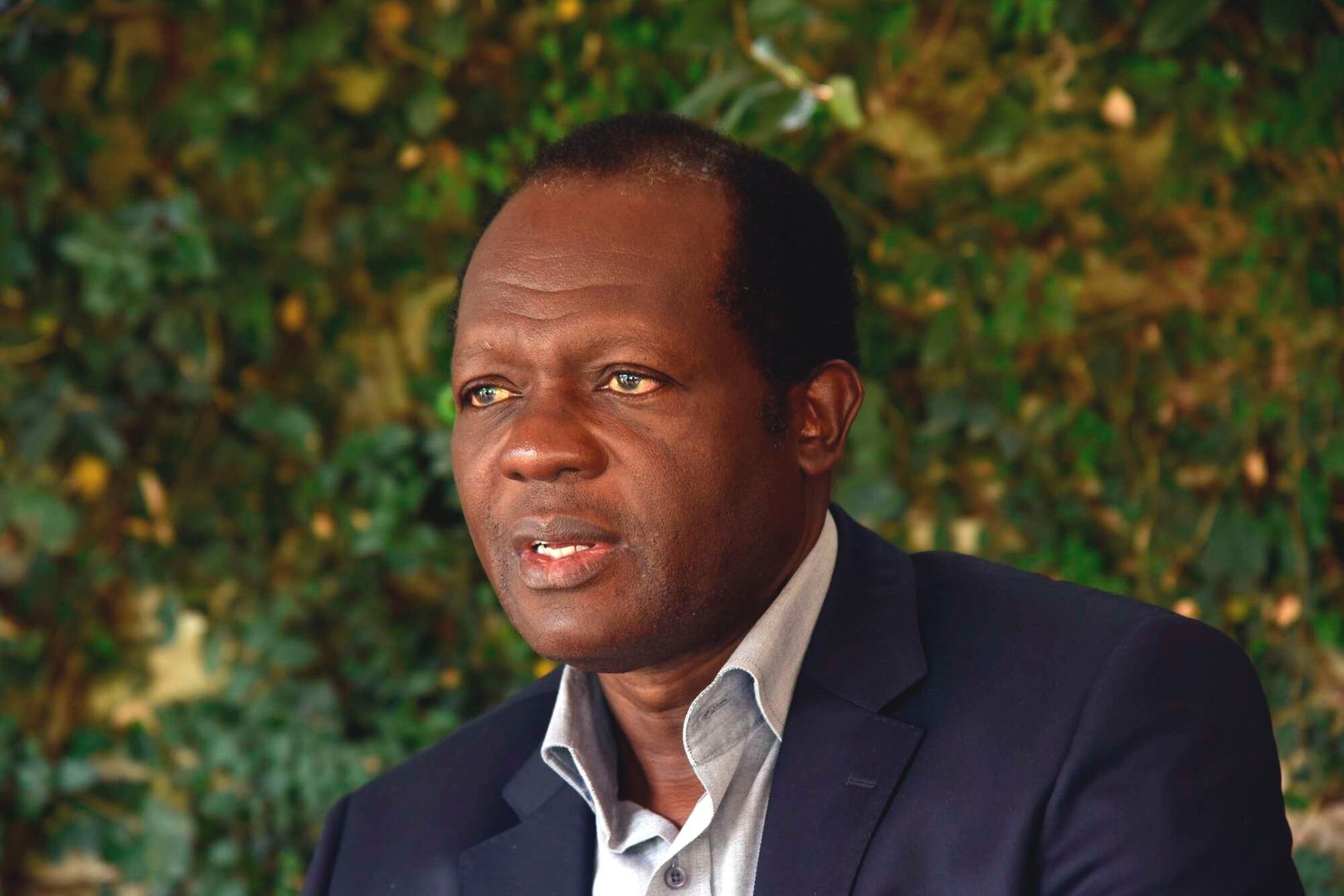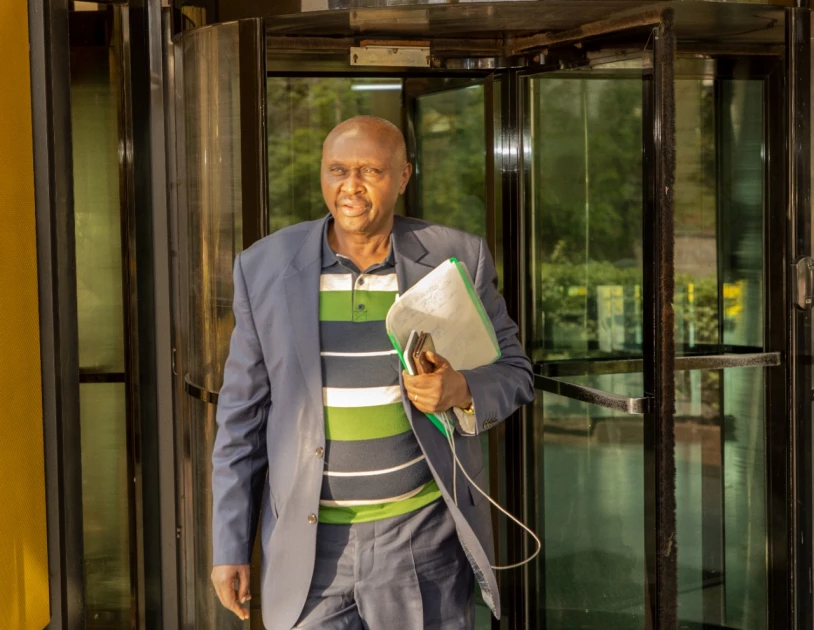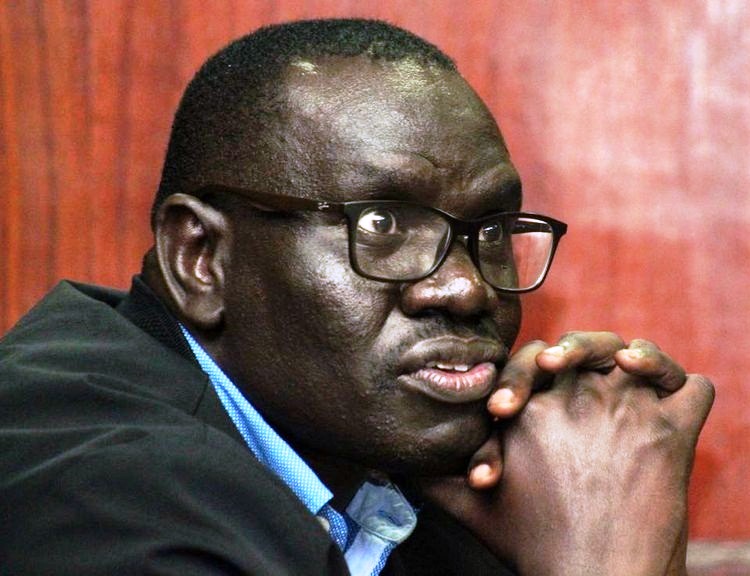Former Cabinet Secretary Raphael Tuju, alongside his three children and associated companies, has opposed an application by Supreme Court Judge Isaac Lenaola seeking the empanelment of a bench by Chief Justice Martha Koome to hear a petition challenging the removal of Supreme Court judges.
Through their lawyers, Gregory Ndege, Duncan Okatch, and Paul Nyamodi, Tuju and his associates argued before Justice Lawrence Mugambi that granting Justice Lenaola’s application would compromise their right to fair administrative action.
“The Chief Justice’s role under Article 165(4) is an administrative function. Given her involvement as a petitioner in this case, empanelling a bench would present a conflict of interest and violate Article 47 of the Constitution, as well as the Fair Administrative Action Act,” their legal team contended.
In the petition, Tuju seeks the withdrawal of the Chief Justice and her deputy from their petition, which urges the Judicial Service Commission (JSC) to handle Tuju’s matter.
Tuju, through his lawyer Duncan Okatch, argued that the Chief Justice and her deputy cannot participate as petitioners in a case where his client is seeking justice. Okatch asserted that four Supreme Court judges—Justice William Ouko, Justice Smokin Wanjala, Justice Mohammed Ibrahim, and Chief Justice Koome—failed to accord Tuju a fair hearing in a case involving him and the African Development Bank.
Ndege, representing SAM Limited, Alma, Mano, and YMA Tuju, further submitted that if the Chief Justice were to constitute the bench, a clear distinction must be made between an office and its office bearer.
“This petition concerns the tenure of an office holder. It is crucial to differentiate between the office itself and the individual holding it. In this case, the petitioner may not be in an ideal position to empanel a bench,” he argued.
The petition in question was filed by Supreme Court judges, including Chief Justice Martha Koome, Justice Isaac Lenaola, Justice Smokin Wanjala, Justice William Ouko, and Justice Njoki Ndung’u, seeking to bar the Judicial Service Commission from proceeding with cases that could lead to their removal from office.
Represented by lawyer George Oraro, the judges argued that the petition raised critical legal issues and that an expanded bench would facilitate a faster resolution. They also maintained that empanelling a bench is an administrative duty. If concerns about the Chief Justice’s involvement were valid, then any judge selected by the JSC could similarly be perceived as compromised, despite the principle of judicial independence.
Senior Counsel Ahmednassir Abdullahi strongly opposed the application, warning that granting it would create a legal crisis.
“The judges have failed to demonstrate any threats to their rights,” he argued, urging the court to dismiss the application. He further cautioned that referring the matter to the Chief Justice could lead to a biased selection of judges.
Justice William Ouko, represented by lawyer Ochieng Oduol, emphasised that the case raised significant constitutional questions. He noted that once a case is deemed constitutional in nature, it must be heard by an uneven number of judges, as stipulated under Article 165(4) of the Constitution.
Justice Lawrence Mugambi is set to deliver his ruling on 25 April 2025, regarding whether the Supreme Court judges’ petition should be referred to the Chief Justice for the empanelment of a bench.





